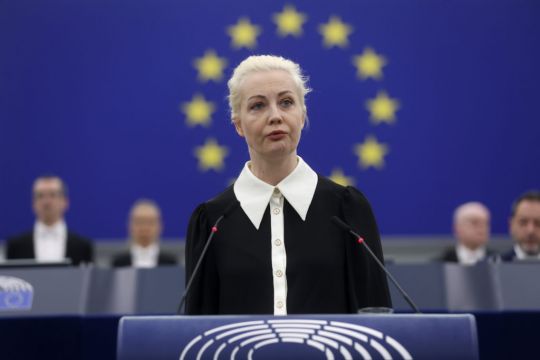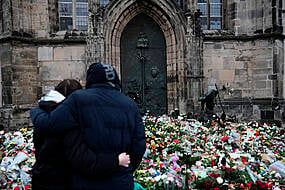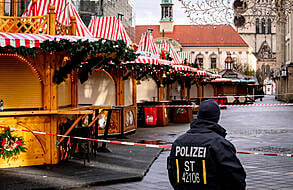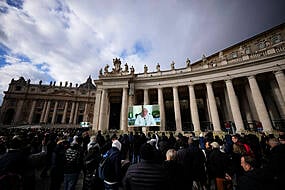The funeral of Russian opposition leader Alexei Navalny, who died earlier this month in a remote Arctic penal colony, will take place on Friday in Moscow, his spokesperson said.
His funeral will be held at a church in Moscow’s south-east Maryino district on Friday afternoon, Kira Yarmysh said. The burial will take place at a nearby cemetery.
Navalny died in mid-February in one of Russia’s harshest penal facilities.
Russian authorities said the cause of his death at age 47 is still unknown, and the results of any investigation are likely to be questioned abroad.
Many Western leaders have already said they hold Russian President Vladimir Putin responsible for his death.
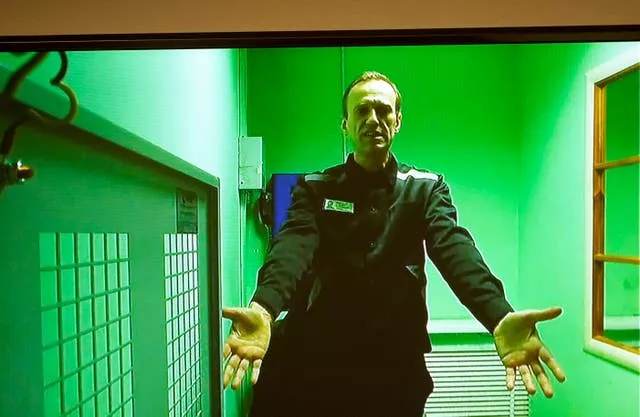
Ms Yarmysh spoke of the difficulties his team encountered in trying to find a site for a “farewell event” for Navalny.
Writing on X, she said most venues said they were fully booked, with some “refusing when we mention the surname ‘Navalny,” and one disclosing that “funeral agencies were forbidden to work with us”.
Ivan Zhdanov, the director of Navalny’s Anti-Corruption Foundation, said the funeral was initially planned for Thursday – the day of Mr Putin’s annual address to Russia’s Federal Assembly – but no venue would agree to hold it on that day.
Mr Zhdanov wrote on Telegram: “The real reason is clear. The Kremlin understands that nobody will need Putin and his message on the day we say farewell to Alexei.”

Shortly after the announcement of the funeral plans, Navalny’s widow, Yulia Navalnaya, addressed European legislators in Strasbourg.
Speaking at the European Parliament, she confirmed that her husband would be buried on Friday and expressed fears that the police might interfere.
“I’m not sure yet whether it will be peaceful or whether police will arrest those who have come to say goodbye to my husband,” she said.
At some points appearing tearful amid applause but largely resolute, Ms Navalnaya said her husband’s death “showed everyone that Putin is capable of anything, and that you cannot negotiate with him”.
She appealed to the European Parliament to be “innovative” in its approach to the Russian President and those close to him.
Alexei had the courage to stand up to Putin...
Yulia Navalnaya has the courage to continue his fight...
Do EU politicians have the courage to stop Putin ?
Sanctions, defence, support to the democrats in Ukraine, Belarus, Russia…
Stop talking, listen to Yulia and act ! pic.twitter.com/dlqbEQs8f4— Guy Verhofstadt (@guyverhofstadt) February 28, 2024
“You cannot hurt Putin with another resolution or another set of sanctions,” she said, urging legislators instead to “apply the methods of fighting organized crime, not political competition”.
She asked the Parliament to investigate “financial machinations” and “mafia associates” in their countries and “discreet lawyers and financiers who are helping Putin and his friends to hide money”.
In introducing Ms Navalnaya, the president of the European Parliament, Roberta Metsola, paid tribute to Navalny.
“For many in Russia and outside, he represented hope. Hope in better days. Hope in a free Russia. Hope in the future,” she said.
Ms Navalnaya and Navalny were married for more than 20 years, and she was at his side as he helped lead the biggest protests in Russia since the collapse of the Soviet Union.
